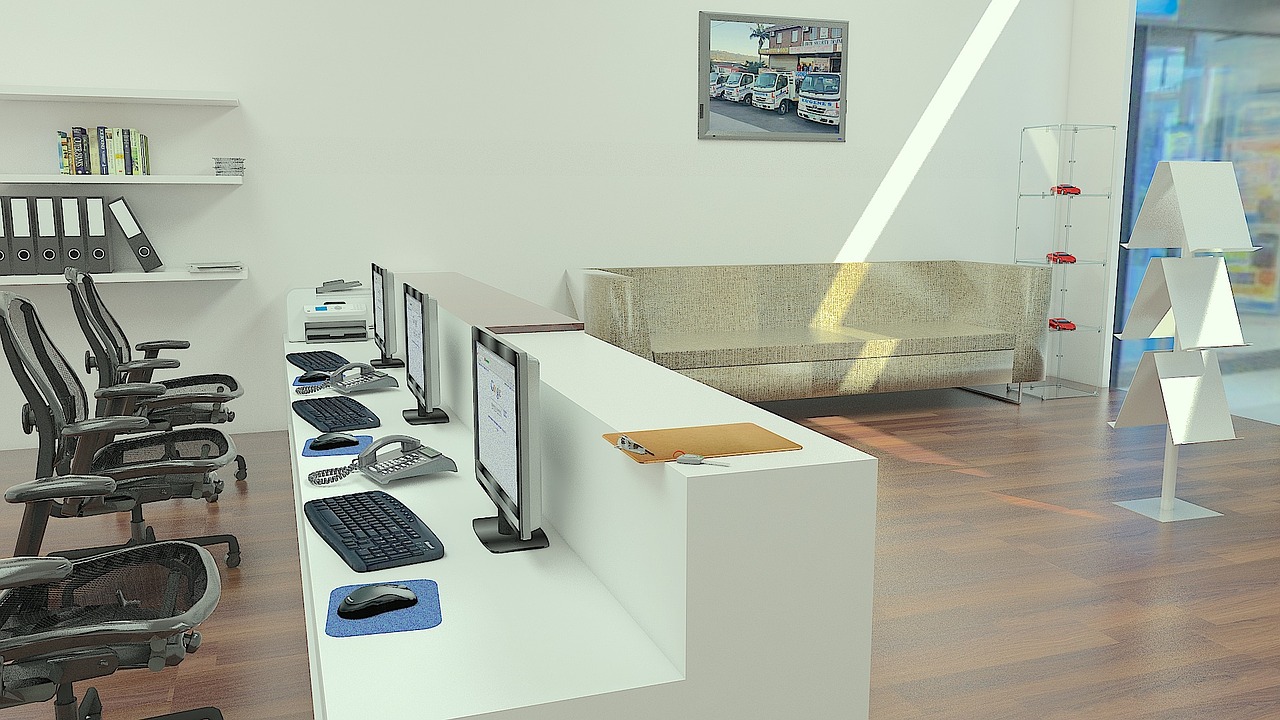By Peter Grant | The Wall Street Journal
Shared office space firms like WeWork and Industrious are enjoying a rise in sales this summer as U.S. businesses grappling with the seismic changes in the workspace world sparked by the pandemic seek flexible and short-term solutions.
Hundreds of companies particularly in the technology sector are taking spaces from these firms, ranging from a handful of hot desks to over 50,000 square feet for periods as short as one month. Many individuals are doing this on their company’s dime as they wait for their employers to figure out when it is safe to require workers to return to pre-pandemic offices.

Companies are also using short-term spaces to plan for a post-pandemic world after 17 months of most white-collar employees working from home and liking it. “In a time of uncertainty we provide flexibility to corporations and small businesses trying to figure out what their employees want,” said Melinda Holland, WeWork head of sales for the U.S. and Canada.
WeWork had $215 million in revenue in July, up from $209 million in June and one of the firm’s strongest desk sales months in its history. Industrious, another major shared space firm, chalked up the strongest sales week in its nine-year history during the last week of July.
Smaller firms with just a few locations also are seeing sales and inquiries rise. WorkHouse, which has one location in Manhattan and one in Bedford, N.Y., has rented about 120 desks since July 1, down 30% compared with the same period in 2019, according to Debra Larsen, the firm’s chief executive and founder.
“Inquiries are off the charts with very short lead times,” she said. “Companies are solving for September.”
Still, it remains to be seen whether the space being leased will actually be used in September. With concerns persisting about the Delta variant of the Covid-19 virus many companies have delayed their return-to-office plans.
“We’ll see if these people decide to push the pause button” on flexible space as well, Ms. Larsen said.
Reasons vary for why companies are finding flexible spaces attractive. Some simply want to give employees who have been working from home a second option. For example, grocery delivery service Instacart Inc. opened offices in Industrious locations in Chicago and New York earlier this month for its more than 100 employees in those two cities.
Some of the new demand is coming from companies that have overhauled their workplace strategies using lessons learned during the pandemic. Dialpad Inc., a cloud business communications provider, for example, is substituting three WeWork locations in the Bay area for its pre-pandemic headquarters in San Francisco.
Dialpad also is considering using WeWork locations in Buenos Aires to help it build a team in Argentina. “It gives us the ability to recruit in areas anywhere in the world where we find talent,” said Craig Walker, Dialpad’s chief executive.
The rising demand for flexible spaces contrasts with what’s happening in the traditional office market, where leasing activity is recovering more slowly. Businesses leased 102 million square feet of U.S. office space in the second quarter of 2021, down from 118 million in the same period in 2019 but up from 69 million in the second quarter of 2020, according to data firm CoStar Group Inc.
U.S. office vacancy increased to 18.5% in the second quarter of this year, closing in on the record 19.7% hit in 1991, according to Moody’s Analytics. “It is likely that this property type will go through a relatively challenging period over the next couple of years,” said a Moody’s report last week.
Shared office space firms haven’t been immune to the leasing slowdown and the decision by most workers to avoid the office. Knotel, one of the largest U.S. firms, was forced to seek bankruptcy protection and is being acquired by Newmark Group Inc. Firms, including WeWork, IWG PLC, and Knotel, which gave 10.1 million square feet back to landlords during the pandemic, according to CBRE Group Inc.
Flexible space firms also have cut rents to attract tenants. WorkHouse, which saw its occupancy fall to a low of 25% during the pandemic, cut its prices by about one-third, Ms. Larsen said. Recent demand, which has pushed occupancy up to 60%, enabled the firm to start boosting prices, which are now back to about 25% off their pre-Covid 19 level, she said.
Investors are betting that the outlook for these firms will continue improving. CBRE earlier this year acquired a 40% stake in Industrious. Cushman & Wakefield PLC is negotiating with WeWork to make a $150 million investment in the firm as part of its planned merger later this year with a public company.
“Companies are still in that discovery phase that work is going to be done differently,” said Julie Whelan, global head of occupier research at CBRE Group. “The beauty of these providers is that if something doesn’t work they can bail and try something new.”
Article resource: The Wall Street Journal
Image by Daria Nepriakhina from Pixabay
Find your place at Lafayette, CO’s 520 HUB, where you can work independently, but never alone.


